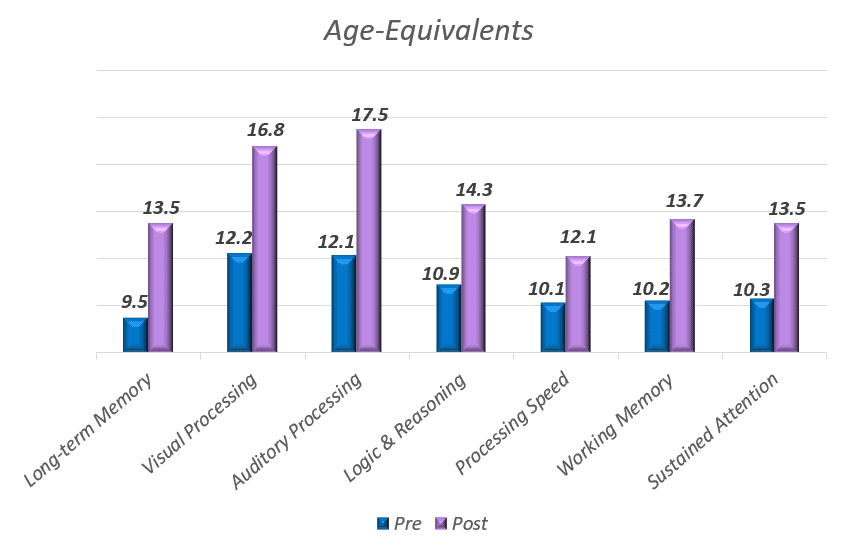
Menu
If you or your loved one is struggling with numbers and mathematical concepts, you may be dealing with dyscalculia. Dyscalculia is a learning disorder that affects an individual’s ability to understand and manipulate numbers. However, numerical skills and cognitive abilities such as processing speed, memory and Attention can all be strengthened through a scientific and researched approach known as Brain Training.

If you are seeking Dyscalculia treatment in Dubai, your search ends here. The skilled professionals at Brainnovation are ready to help. Continue reading to gain a deeper understanding of this condition and discover how we can support you on your academic or professional journey.
Dyscalculia is a specific learning disorder characterized by difficulties in understanding and processing numerical information. Individuals with dyscalculia may struggle with basic arithmetic operations, number sense, counting, estimation, and mathematical reasoning. It is important to note that dyscalculia is unrelated to intellectual ability, as individuals with dyscalculia can have average or above-average intelligence in other areas.
To diagnose dyscalculia, comprehensive assessments conducted by qualified professionals are necessary. These assessments may include:
By conducting these assessments, specialists can identify the presence and severity of Dyscalculia and develop tailored treatment plans.
It is essential to identify the signs of dyscalculia early on to provide timely support and intervention. Common symptoms of dyscalculia include:
If you or someone you know exhibits these symptoms, seeking professional assessment and dyscalculia tests is crucial for accurate diagnosis and appropriate treatment.

If you are ready to work on your reading comprehension with the help of our training sessions, reach out to our team to Schedule your Brain Skills Assessment with us. Take the first step to easier learning!
It is essential to consult with professionals who have expertise in dyscalculia and experience in providing evidence-based interventions. We, as professionals can guide you through the assessment process, develop tailored treatment plans, and collaborate with schools or educational institutions to support your learning journey.
YES. Dyscalculia should not hinder anyone’s potential for academic success or professional growth. With our targeted training that assists Dyscalculia treatment in Dubai, individuals can overcome their numerical difficulties and gain confidence in their mathematical abilities.
By recognizing the symptoms, seeking professional assessment, and accessing appropriate interventions, individuals with dyscalculia can unlock their full potential and thrive in numerical pursuits. Remember, support is available, and a brighter mathematical future awaits you at Brainnovation Dubai, UAE.
Talk to our skilled and friendly team today +971 56 769 5585


“Pre- and Post-Training Cognitive Performance among Brain training Clients with Dyscalculia”

The field of dyscalculia treatment has advanced significantly, providing effective strategies and interventions to address numerical difficulties. In Dubai, UAE, individuals with dyscalculia have access to various treatment options, including:

While there is no known cure for dyscalculia, effective treatments and interventions can significantly improve an individual’s mathematical abilities and help them manage their difficulties.

Currently, there is no specific medication for dyscalculia. Dyscalculia is a learning disorder that primarily requires educational and therapeutic interventions to address the underlying difficulties. However, in some cases, individuals with dyscalculia may have comorbid conditions, such as attention-deficit/hyperactivity disorder (ADHD), for which medication may be prescribed. It is important to consult with medical professionals to determine the most appropriate treatment plan based on an individual’s specific needs.
Dyscalculia is a learning disorder that specifically affects a person’s ability to understand and work with numbers. Individuals with dyscalculia may struggle with basic mathematical operations, number sense, and numerical concepts. Here are some common signs and symptoms associated with dyscalculia:
It’s important to note that dyscalculia can vary in severity and may present differently in different individuals. It’s always best to consult with a qualified professional for an accurate diagnosis.
While dyscalculia cannot be “cured” in the traditional sense, there are interventions and strategies that can help individuals with dyscalculia manage their difficulties and improve their mathematical skills. These may include:
It’s important to seek support from professionals such as educational psychologists, special education teachers, or learning specialists who can provide appropriate interventions and guidance based on the individual’s needs.
Dyscalculia and Attention Deficit Hyperactivity Disorder (ADHD) are separate conditions, although they can coexist in some individuals. Dyscalculia primarily affects mathematical abilities, while ADHD involves difficulties with attention, hyperactivity, and impulsivity across various domains. It is possible for someone to have both dyscalculia and ADHD, but it’s also possible to have one condition without the other. It is important to consult with a healthcare professional for a thorough evaluation and accurate diagnosis if you suspect you have either or both conditions.
Brainnovation Mind Abilities Development Center LLC is a Brain Training Center in Dubai that works with kids and adults of all ages, training the cognitive skills the brain uses to think, read, learn, remember, and pay attention.

Shop EXM 08, Bin Sougat Center, Airport Rd, Dubai, UAE
Ph: +971 56 769 5585
Email: info@brainnovation.ae
Karen Rd, Karen. Nairobi (Kenya)
Ph: +254 70 799 1023
Email: info@brainnovation.co.ke
| Cookie | Duration | Description |
|---|---|---|
| cookielawinfo-checkbox-analytics | 11 months | This cookie is set by GDPR Cookie Consent plugin. The cookie is used to store the user consent for the cookies in the category "Analytics". |
| cookielawinfo-checkbox-functional | 11 months | The cookie is set by GDPR cookie consent to record the user consent for the cookies in the category "Functional". |
| cookielawinfo-checkbox-necessary | 11 months | This cookie is set by GDPR Cookie Consent plugin. The cookies is used to store the user consent for the cookies in the category "Necessary". |
| cookielawinfo-checkbox-others | 11 months | This cookie is set by GDPR Cookie Consent plugin. The cookie is used to store the user consent for the cookies in the category "Other. |
| cookielawinfo-checkbox-performance | 11 months | This cookie is set by GDPR Cookie Consent plugin. The cookie is used to store the user consent for the cookies in the category "Performance". |
| viewed_cookie_policy | 11 months | The cookie is set by the GDPR Cookie Consent plugin and is used to store whether or not user has consented to the use of cookies. It does not store any personal data. |